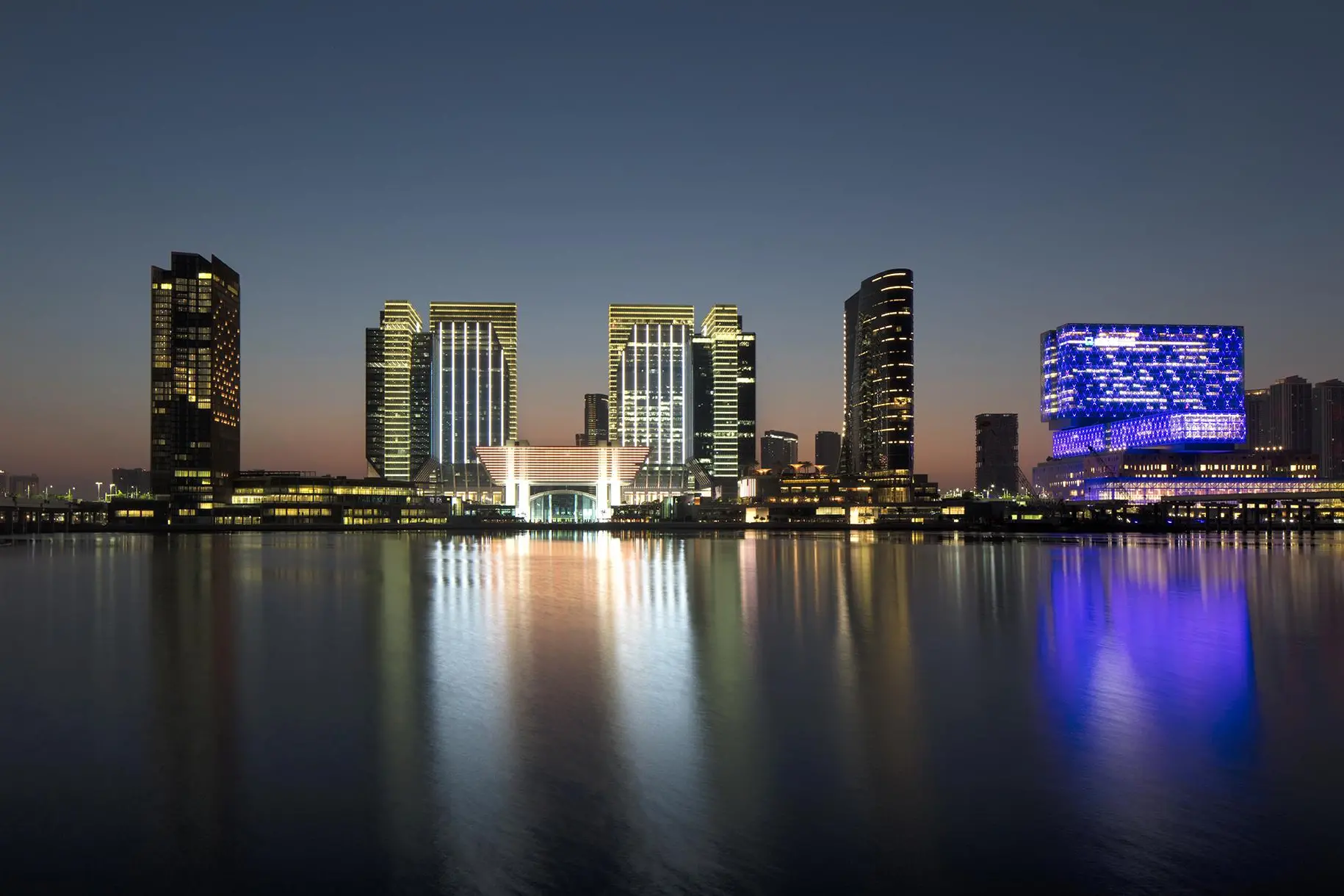PHOTO
Abu Dhabi-based buyout firm Gulf Capital is planning a least five new private equity deals this year, with two new deals to be announced in the next two months, its chief executive said.
With $3 billion in assets under management, Gulf Capital is one of the largest private equity players in the Middle East North Africa region.
“We will soon announce an exit transaction in healthcare which we are working on… probably in two months,” Karim El-Solh, CEO of Gulf Capital, told Zawya at the sidelines of a conference in Abu Dhabi last week.
“We will also announce a new investment in healthcare in the second quarter,” he added.
Last month, Gulf Capital exited its investment in United Arab Emirates-based Amana Healthcare, after selling its controlling stake to Mubadala Investment Company.
On the overall plan for 2019, the firm is targeting at least three new investments and at least two new exits this year, El Solh told reporters on the sidelines of the event.
“The core areas of our focus are the GCC and Egypt. In Egypt, we’re looking at export-driven businesses that get income in dollar or euro to hedge the currency as there’s still currency pressure, and the consumer sector in Egypt is very appealing,” he told Zawya.
“We’re looking at Kuwait, as there are some opportunities in Kuwait. But the three most active markets in private equity are UAE, Saudi and Egypt. Those three account for 90 percent of all private equity investments, and 90 percent of all FDI. If we focus on all those three, that’s the lion’s share of all activity in the region. These are the core target markets for us,” he added.
El Solh said that new, attractive sectors are emerging, like entertainment and tourism in Saudi Arabia and healthcare and education across the GCC, so the firm will be announcing more deals in these sectors.
“We are looking at many opportunities in Egypt and Saudi Arabia. The Egyptian market is growing at more than 5 percent growth rate, the economy improving, and there is a huge consumer market of more than 100 million,” he added.
Gulf Capital has a diversified investor base with near 60 percent of its funds raised from global investors, El Solh said, noting to the conference delegates that the latest Abraaj scandal “has not done anyone any favour in the region”, as it has made fundraising more challenging.
Dubai-based private equity fund manager Abraaj Capital was the biggest private equity player in the region until it collapsed last June, following allegations it had misused investors’ funds.
On whether Gulf Capital will be launching another funding round this year, El Solh told reporters on the sidelines that “Right now, we’re managing our third private equity fund of $750 million”.
“We have about 60 percent global investors, and we still have a lot of money to deploy. Once we deploy that, we’ll launch another private equity fund probably next year,” he said. “We’re not fundraising, because we are busy investing our funds. Maybe next year, we’ll launch another private equity fund.”
The rising potential of financial technology (fintech) in the GCC, and a likely economic recovery in both Saudi Arabia and the UAE are expected to boost the private equity industry’s fortunes in the region this year, despite expectations of an overall slow year in 2019, according to industry figures who spoke to Zawya last month. (Read more here).
In May last year, Gulf Capital acquired a stake in Saudi fintech firm Geidea in a deal valued at more than $267 million, which was the MENA region’s largest buy-out deal recorded in 2018, according to data sent to Zawya by alternative investments tracker Preqin.
El Solh also confirmed that the first phase of the $1 billion Al Maryah Central project, a retail-led development being built jointly by Gulf Capital and U.S-based developer Related, is still set to open in August.
“We’re on track at end of August to open. We’re done with the construction and we’re moving rapidly on the leasing side. We just have to onboard the retailers,” he told reporters.
On the impact of U.S. interest rates on the industry, El Solh said in response to Zawya’s question that “usually when the interest rates increase in the U.S., the growth of emerging markets drops, but I don’t think they will raise the interest rates anymore, and most of the rate increases are behind us, so there is no more danger on emerging markets from interest rates”.
“In fact, global investors are increasing allocations to emerging markets,” he added. “They see that the market and economy in the U.S. is slowing down, whereas in the emerging market it is picking up. There is a shifting allocation from U.S. and Europe towards emerging markets.”
(Reporting by Nada Al Rifai; Editing by Michael Fahy)
Our Standards: The Thomson Reuters Trust Principles
Disclaimer: This article is provided for informational purposes only. The content does not provide tax, legal or investment advice or opinion regarding the suitability, value or profitability of any particular security, portfolio or investment strategy. Read our full disclaimer policy here.
© ZAWYA 2019




















